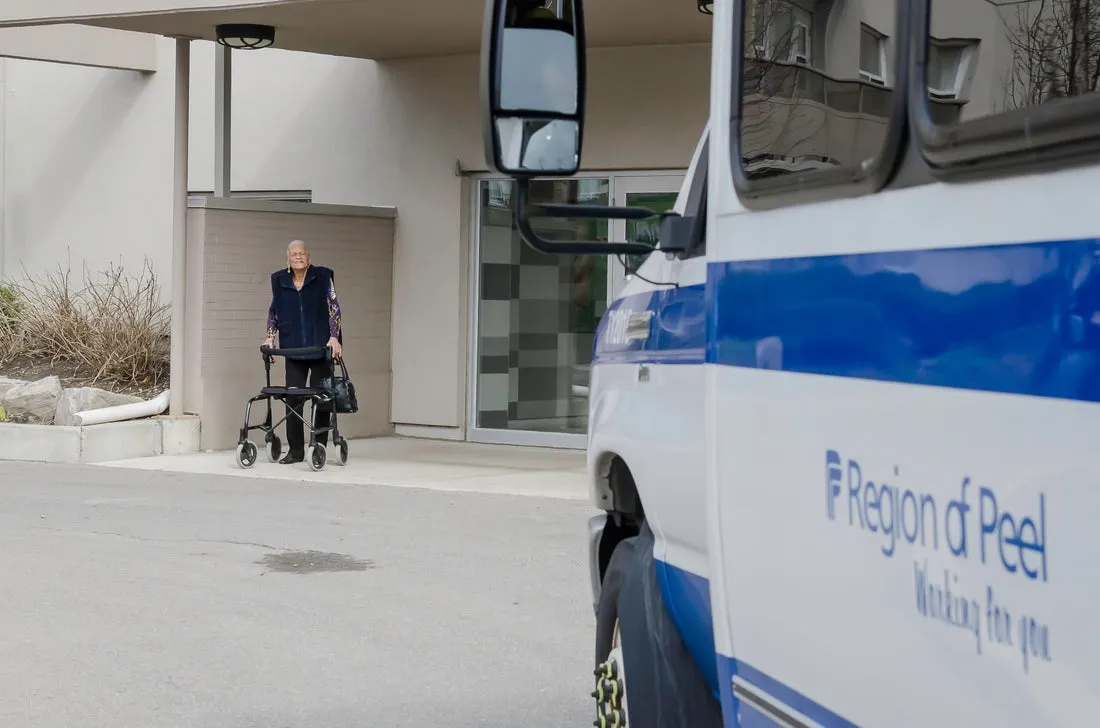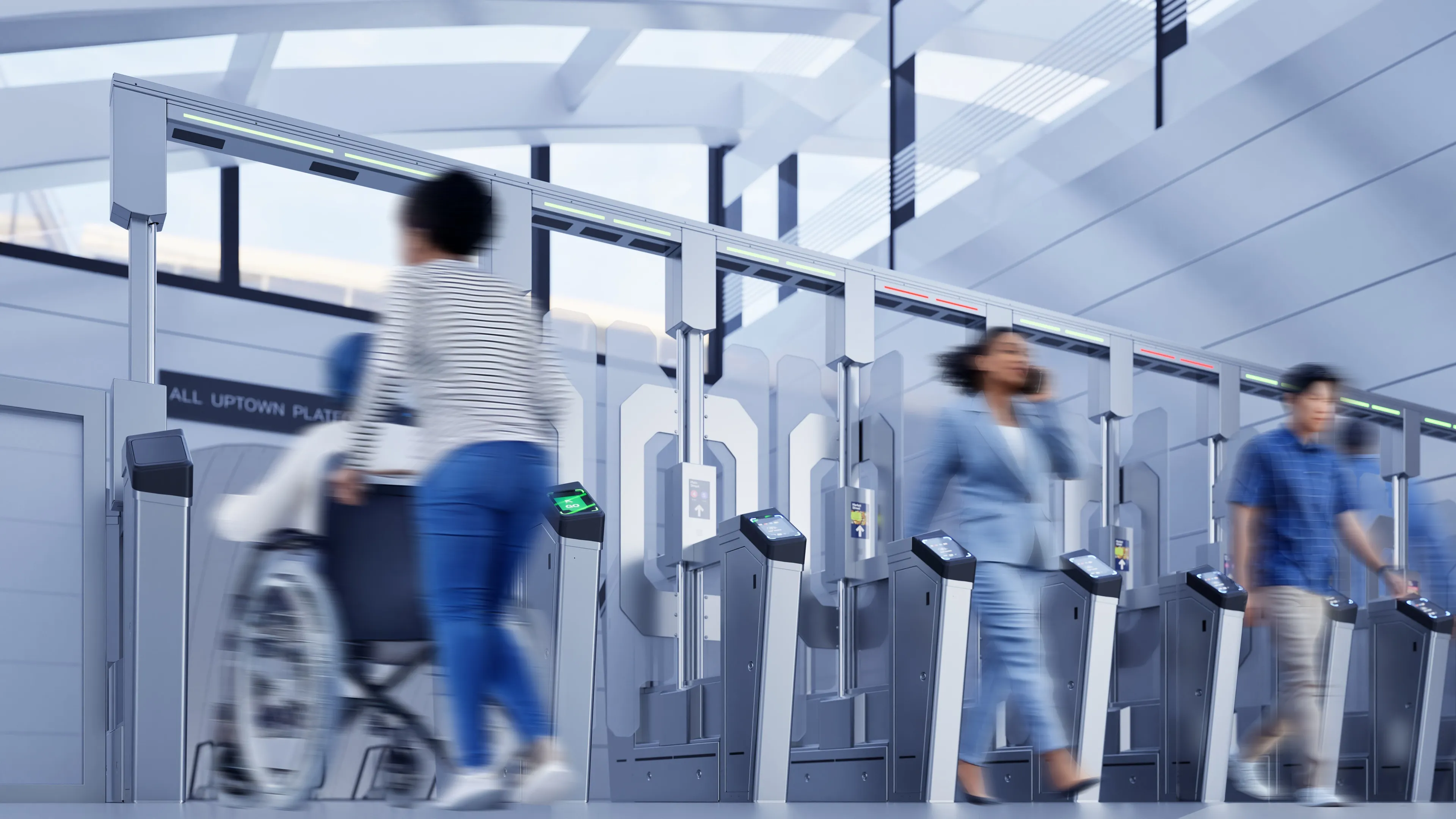
The government of Canada is investing more than Can$3.5 million in two projects to modernise and improve accessibility for Peel Region's public transit system.
Peel is a regional municipality in Southern Ontario which comprises the cities of Mississauga, Brampton, and the town of Caledon.
Both projects will also receive close to Can$3m from the government of Ontario and more than Can$2.3m from Peel Region.
The first project involves replacing existing specialised transit buses with 69 8m buses as the current fleet reaches the end of its planned service lifecycle.
The new propane-powered buses are expected to provide accessible transit in the region and are capable of carrying up to six wheelchair passengers.
Nando Iannicca, regional chair of the Corporation of the Regional Municipality of Peel, says: “This funding supports initiatives that directly improve the service experience for passengers with disabilities and advances the modernisation of specialised transit in Peel.”
The second project involves the installation of Presto electronic fare collection system across Peel's TransHelp fleet. It includes the design, planning, purchase and hardware installation of up to 145 portable, tablet-based, electronic payment units.
Catherine McKenna, federal minister of infrastructure and communities, says: "These investments will help make sure there's accessible public transit, powered by lower-emissions propane, for residents across Peel Region, throughout Mississauga, Brampton and Caledon."
"And by modernising the public transit payment method to one already in use in other Ontario cities, we're giving TransHelp bus riders more options to make fare payment easier.”










